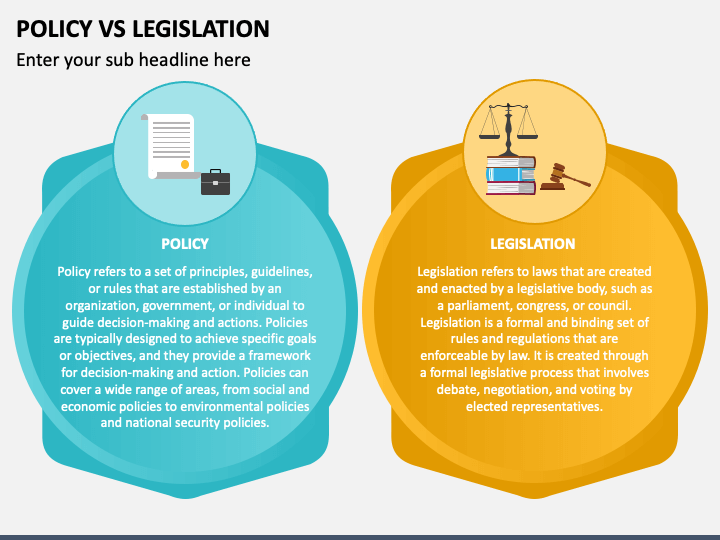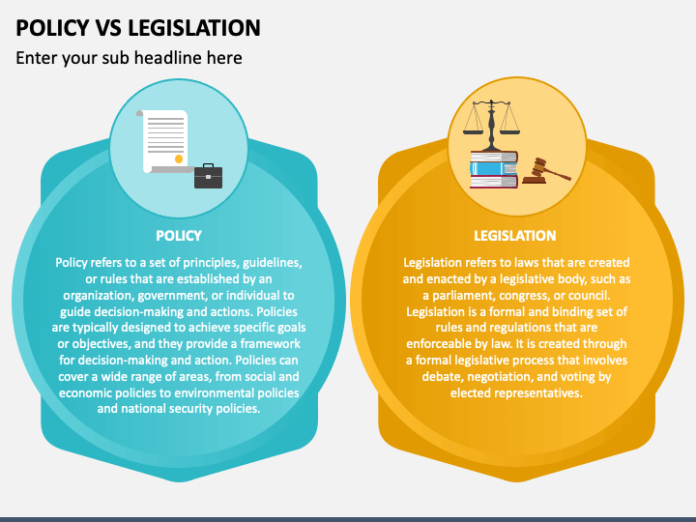As the world faces unprecedented environmental challenges, the role of legislation in conservation efforts has become increasingly critical. From protecting endangered species to regulating pollution and habitat destruction, laws are instrumental in shaping how societies respond to ecological crises. In 2024, the intersection of legislation and conservation is more relevant than ever, as governments, organizations, and individuals strive to implement effective measures for sustainable living. This article explores the key aspects of legislation in conservation, its impact on biodiversity, and the ongoing challenges and opportunities within this vital framework.
Understanding Conservation Legislation
Conservation legislation refers to laws and regulations designed to protect the environment and promote sustainable practices. These laws may address various issues, including:
- Wildlife protection: Legislation aimed at conserving endangered species and their habitats.
- Pollution control: Regulations that limit the discharge of harmful substances into the environment.
- Land use: Laws that govern how land can be developed or preserved for ecological purposes.
- Resource management: Frameworks for sustainable use of natural resources, including forestry, fisheries, and water.
In many countries, conservation legislation has been shaped by international treaties and agreements, such as the Convention on Biological Diversity (CBD) and the Paris Agreement on climate change. These agreements provide a framework for nations to commit to specific conservation goals and work collaboratively to achieve them.
The Importance of Legislation in Conservation
- Biodiversity Protection
Biodiversity is essential for maintaining healthy ecosystems, which provide critical services like clean air, water, and food. Legislation plays a crucial role in protecting endangered species and their habitats. For instance, the Endangered Species Act (ESA) in the United States offers protections for species at risk of extinction, making it illegal to harm these species or their habitats. In 2024, more countries are recognizing the importance of similar laws to safeguard their unique wildlife.
- Environmental Justice
Legislation also addresses the disparities in how environmental issues impact different communities. Environmental justice laws aim to ensure that all communities, especially marginalized ones, have equal access to a clean and healthy environment. This approach emphasizes the need for inclusive conservation efforts that consider the social dimensions of environmental issues.
- Promoting Sustainable Practices
Conservation legislation encourages sustainable practices across various sectors, including agriculture, forestry, and fishing. By establishing guidelines for responsible resource management, laws help mitigate the negative impacts of human activities on the environment. For example, regulations governing sustainable forestry practices ensure that logging operations do not lead to deforestation and habitat loss.
- Supporting Climate Change Mitigation
As climate change continues to pose a significant threat to global ecosystems, legislation aimed at reducing greenhouse gas emissions has become paramount. Laws that promote renewable energy, enhance energy efficiency, and regulate carbon emissions contribute to conservation efforts by addressing the root causes of environmental degradation. In 2024, many countries are strengthening their climate policies to align with international commitments.
Recent Developments in Conservation Legislation (2024)
In 2024, several key trends and developments are shaping the landscape of conservation legislation worldwide:
- Strengthened International Agreements
Countries are increasingly recognizing the need for global cooperation in addressing environmental challenges. Recent international agreements, such as the Post-2020 Global Biodiversity Framework, set ambitious targets for biodiversity conservation and sustainable resource management. These agreements encourage nations to adopt and implement robust domestic laws aligned with international commitments.
- Increased Focus on Indigenous Rights
Indigenous communities play a vital role in conservation, often stewarding ecosystems for generations. In 2024, there is a growing acknowledgment of the importance of incorporating indigenous knowledge and rights into conservation legislation. Many countries are beginning to recognize the sovereignty of indigenous peoples over their lands and resources, leading to more inclusive and effective conservation strategies.
- Climate Adaptation Strategies
As the impacts of climate change become more pronounced, legislation is increasingly focusing on adaptation strategies. Laws that promote resilience in ecosystems, protect vulnerable habitats, and support communities in adapting to changing conditions are becoming more prevalent. This shift recognizes that conservation must not only aim to prevent further damage but also to adapt to existing changes.
- Technological Innovations in Conservation
The rise of technology in conservation efforts has prompted the need for updated legislation. Innovations such as drone surveillance for monitoring wildlife populations, genetic engineering for species recovery, and blockchain for sustainable supply chains are changing how conservation is approached. In 2024, laws are evolving to address ethical considerations and regulatory frameworks surrounding these technologies.
Challenges in Conservation Legislation
Despite the progress made in conservation legislation, several challenges remain:
- Political Will and Funding
Effective conservation legislation requires strong political will and adequate funding. In many regions, environmental laws are underfunded or poorly enforced, leading to inadequate protection for biodiversity. Governments must prioritize conservation in their budgets and policies to ensure meaningful progress.
- Public Awareness and Engagement
Public understanding of conservation issues is essential for the success of legislative efforts. Awareness campaigns and community engagement are critical for garnering support for conservation laws. In 2024, conservation organizations are focusing on educational initiatives to inform the public about the importance of legislation in protecting the environment.
- Balancing Economic Interests and Conservation
The conflict between economic development and conservation poses a significant challenge for lawmakers. Striking a balance between fostering economic growth and protecting natural resources requires careful consideration and collaboration among stakeholders. In 2024, legislation that encourages sustainable development practices is gaining traction as a viable solution.
- Adaptability to Rapid Change
The dynamic nature of environmental challenges necessitates adaptable legislation. Laws must be flexible enough to respond to emerging threats, such as new pollutants or invasive species. In 2024, policymakers are increasingly recognizing the importance of creating responsive legal frameworks that can evolve alongside environmental changes.
The Path Forward
To enhance the effectiveness of conservation legislation in 2024 and beyond, several strategies can be pursued:
- Integrating Science and Policy
Science should inform conservation legislation to ensure that laws are based on the best available evidence. Policymakers need to collaborate with scientists and conservationists to develop regulations that effectively address ecological challenges.
- Strengthening Enforcement Mechanisms
Robust enforcement mechanisms are crucial for ensuring compliance with conservation laws. Governments should allocate resources for monitoring and enforcement to deter illegal activities that harm biodiversity.
- Encouraging Public Participation
Engaging the public in conservation efforts fosters a sense of ownership and responsibility for the environment. Legislation should facilitate opportunities for public input and participation in conservation decision-making processes.
- Promoting Global Cooperation
Environmental issues transcend national borders, making global cooperation essential. Nations must work together to harmonize conservation efforts, share best practices, and support each other in achieving common goals.
Conclusion
In 2024, the role of legislation in shaping conservation efforts remains vital as the world grapples with the pressing need for environmental protection. Through effective laws and regulations, we can safeguard biodiversity, promote sustainable practices, and address the challenges posed by climate change. While significant progress has been made, ongoing collaboration, public engagement, and adaptability are essential for advancing conservation legislation. By recognizing the importance of legislation in conservation, we can create a more sustainable future for generations to come.











